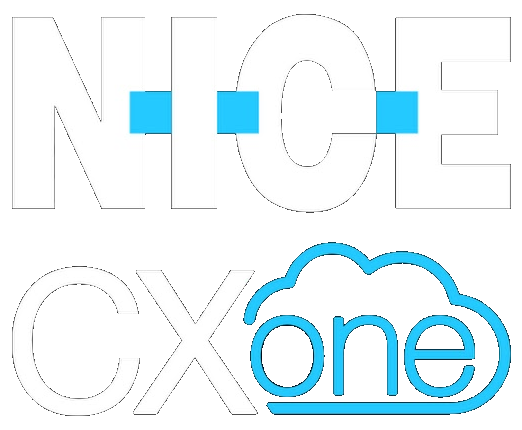Managing Remote Teams: A Guide for Contact Center Supervisors
Introduction
Get Started
1. Communication:
Clear and consistent communication is even more critical when managing a remote team. Regular check-ins, team meetings, and one-on-one sessions can help keep everyone on the same page.
Checklist:
- Schedule regular check-ins and team meetings.
- Use a variety of communication tools to accommodate different preferences and needs.
- Be clear and concise in your communication to avoid misunderstandings.
2. Trust and Autonomy:
Trust your team to manage their tasks and time effectively. Autonomy can lead to increased job satisfaction and productivity in a remote setting.
Checklist:
- Set clear expectations and trust your team to meet them.
- Avoid micromanaging; instead, focus on outcomes rather than activity.
- Encourage your team to take breaks and maintain a healthy work-life balance.
3. Technology and Tools:
Leverage technology to facilitate communication, collaboration, and productivity. This can include project management tools, video conferencing software, and performance management platforms like Acuity.
Checklist:
- Ensure your team has access to necessary technology and tools.
- Provide training on how to use these tools effectively.
- Regularly review and update your tech stack to meet evolving needs.
4. Engagement and Connection:
Foster a sense of community and connection among your remote team. Virtual team-building activities, recognition programs, and social events can help maintain morale and engagement.
Checklist:
- Schedule regular team-building activities and social events.
- Recognize and celebrate team and individual achievements.
- Encourage open and supportive communication among team members.
5. Performance Management:
Monitor performance and provide regular feedback. Acuity's performance management platform can provide real-time insights and facilitate effective coaching sessions.
Checklist:
- Regularly review performance metrics and provide constructive feedback.
- Use performance management tools like Acuity to track progress and identify coaching needs.
- Foster a culture of continuous learning and improvement.
6. Gamification:
Gamification can play a significant role in connecting, supporting, and motivating your remote team. It can foster a sense of community, encourage healthy competition, and provide recognition for achievements.
Checklist:
- Implement gamification strategies to motivate and engage your team.
- Use gamification to recognize and reward achievements.
- Regularly introduce new game elements to keep engagement high.
7. Listening and Empathy:
Effective communication involves not just speaking, but also listening. Practice empathy in your interactions and ensure your team feels heard and understood. This is especially important in a remote setting where non-verbal cues may be missed.
Checklist:
- Practice active listening during all communications.
- Show empathy and understanding towards your team's experiences and challenges.
- Encourage open communication and ensure your team feels heard.
8. Agent Voice and Flexibility:
Understanding individual circumstances, needs, and dependencies is crucial when managing a remote team. Support flexible scheduling to help remote agents manage family or other personal obligations.
Checklist:
- Regularly seek feedback and input from your team.
- Support flexible scheduling to accommodate personal obligations.
- Be understanding and accommodating of individual circumstances and needs.
Your Path to Mastery: Debunking Myths and Celebrating Your Commitment to Learn
Objection 1: "Managing remote workers is too challenging due to lack of face-to-face interaction."
Rebuttal: While managing remote workers does present unique challenges, there are many tools and strategies available to help overcome these obstacles. Regular video calls, instant messaging, and collaborative online workspaces can help maintain communication and collaboration. Additionally, tools like Acuity can help you track performance, set goals, and provide coaching and feedback, even when you're not in the same physical location as your agents. Gamification options within Acuity can also help strengthen engagement and team camaraderie, fostering a sense of connection even when team members are physically apart.
Objection 2: "I can't monitor my team's productivity if they're working remotely."
Rebuttal: Remote work does require a shift from monitoring hours worked to focusing on outcomes and performance. However, traditional quantitative metrics can still be monitored in a remote model. Tools like Acuity can provide detailed insights into your team's performance, allowing you to track progress towards goals, identify areas for improvement, and recognize outstanding work. This shift can actually lead to increased productivity, as it encourages autonomy and focuses on results rather than time spent working.
Objection 3: "Building a strong team culture is impossible with remote workers."
Rebuttal: While building a team culture with remote workers can be challenging, it's far from impossible. Regular team meetings, one-on-one check-ins, and virtual team-building activities can all help foster a sense of community and shared purpose. Additionally, recognizing and celebrating achievements, providing opportunities for professional development, and encouraging open communication can all contribute to a strong team culture, regardless of where your team members are located.
Objection 4: "Remote workers will feel isolated and disconnected."
Rebuttal: While remote work can lead to feelings of isolation, there are many strategies to help mitigate this. Regular check-ins, opportunities for social interaction, and providing support for mental health and well-being can all help remote workers feel connected and supported. Additionally, tools like Acuity can help you stay connected with your team, provide feedback and recognition, and ensure that everyone feels included and valued.
Objection 5: "It's too difficult to provide coaching and support to remote workers."
Rebuttal: While providing coaching and support to remote workers does require some adaptation, it's certainly achievable. Video calls can provide a face-to-face element to coaching sessions, and tools like Acuity can help you track progress, set goals, and provide feedback. In fact, remote coaching can provide opportunities for more focused, individualized support, as it allows for more flexibility in scheduling and can be tailored to each agent's specific needs and circumstances.
Objection 6: "Security is a concern with remote workers."
Rebuttal: While security is indeed a concern in a remote work setting, it can be effectively managed with the right tools and policies. Remote work technologies can provide secure access to necessary systems and data, and enforcement of security policies and procedures can ensure that data is protected. It's important to provide training and support to remote workers to ensure they understand and follow these security measures.













